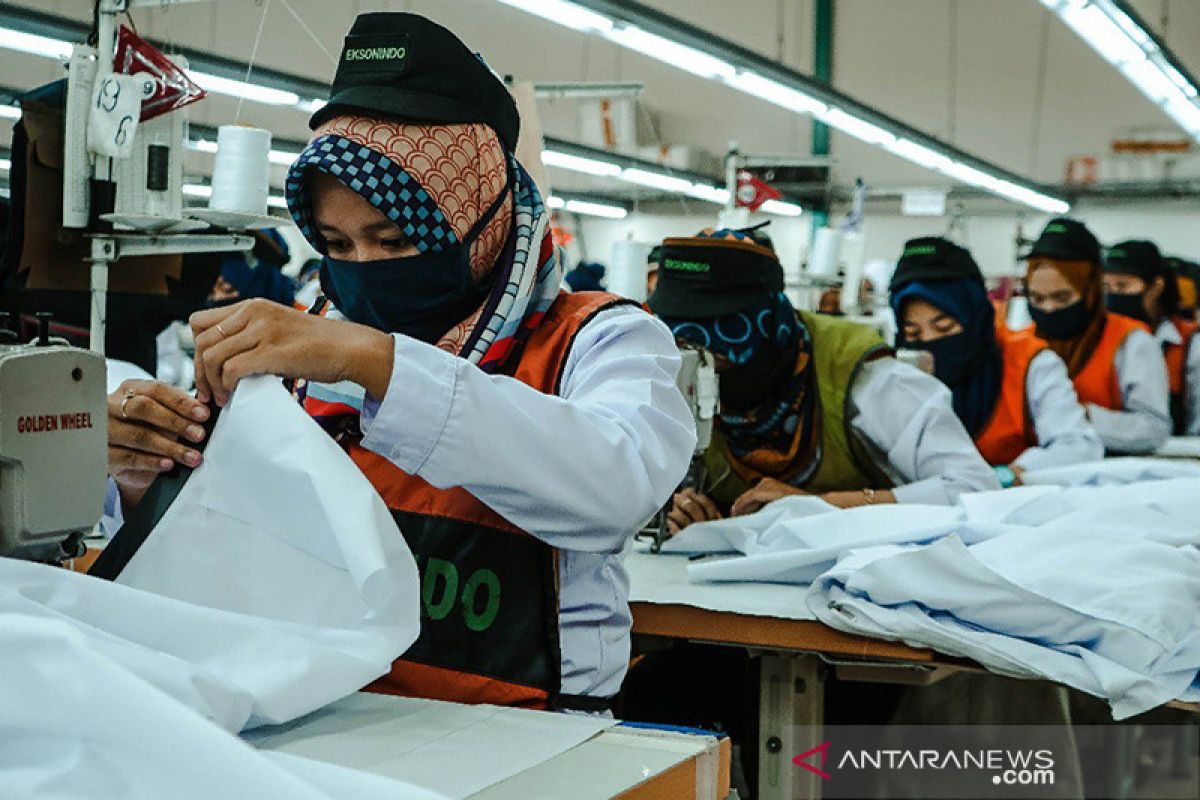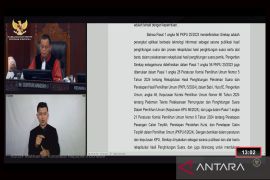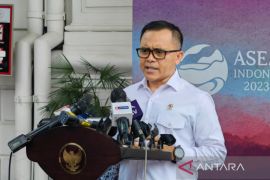The government's decision to issue bold fiscal policy measures would help prevent long-term economic deterioration. Therefore, Indonesia's long-term economic growth rate was expected to remain well above the average peer country, according to the Bank Indonesia Communication Department in a written statement here on Sunday.
According to S&P, the superiority in terms of long-term economic performance indicates constructive economic dynamics in Indonesia.
On the external side, S&P considers that the rupiah exchange rate that depreciated sharply had a negative impact on the external sector and increased the cost of foreign debt so that it could affect the government's ability to pay its obligations.
Nevertheless, S&P believes that Indonesia can manage this risk considering that in recent years Indonesia has large and sustainable access to financial markets and foreign investment, even when the financial market situation is volatile.
S&P also believes that the flexibility of the rupiah exchange rate will benefit Indonesia's external competitiveness over the next few years and expand the space of the central bank in maintaining foreign exchange reserves.
S&P estimates that the rupiah exchange rate will gradually strengthen in line with the condition of global financial markets which will continue to be stable until the end of 2020.
On the fiscal side, an increase in the fiscal deficit will increase the amount of government debt in the next few years. However, the S&P understands that the increase in the deficit is the impact of extraordinary steps taken by the government in response to external shocks that are very unpredictable.
Strong fiscal support is needed to manage the public health crisis due to the widespread outbreak of COVID-19 and to mitigate its impact, both temporary and structural, on the Indonesian economy.
Specifically, the S&P highlighted the important role of Bank Indonesia in supporting efforts to maintain economic growth and mitigate economic and financial shocks.
A government regulation in lieu of law (Perppu) which was recently signed by President Joko Widodo, authorized Bank Indonesia to buy government securities on the primary market if market demand was deemed inadequate.
This can assist the government in managing loan costs when the financial markets are experiencing extreme disruption. Since the 2008 world financial crisis, many central banks in developed countries have also been given the same authority. Because this authority is only used when the financial market situation is under pressure, the impact on inflation and the exchange rate is relatively controlled.
In this regard, S&P acknowledged that with the independence support, Bank Indonesia was able to manage inflation at a level that was consistent with peer countries.
Related news: Indonesia's economy estimated to grow at 4.5-5.5 percent in 2021
Related news: Indrawati forecasts COVID-19 pandemic to dampen economic growth
Reporter: Achmad Buchori, Azis Kurmala
Editor: Fardah Assegaf
Copyright © ANTARA 2020












